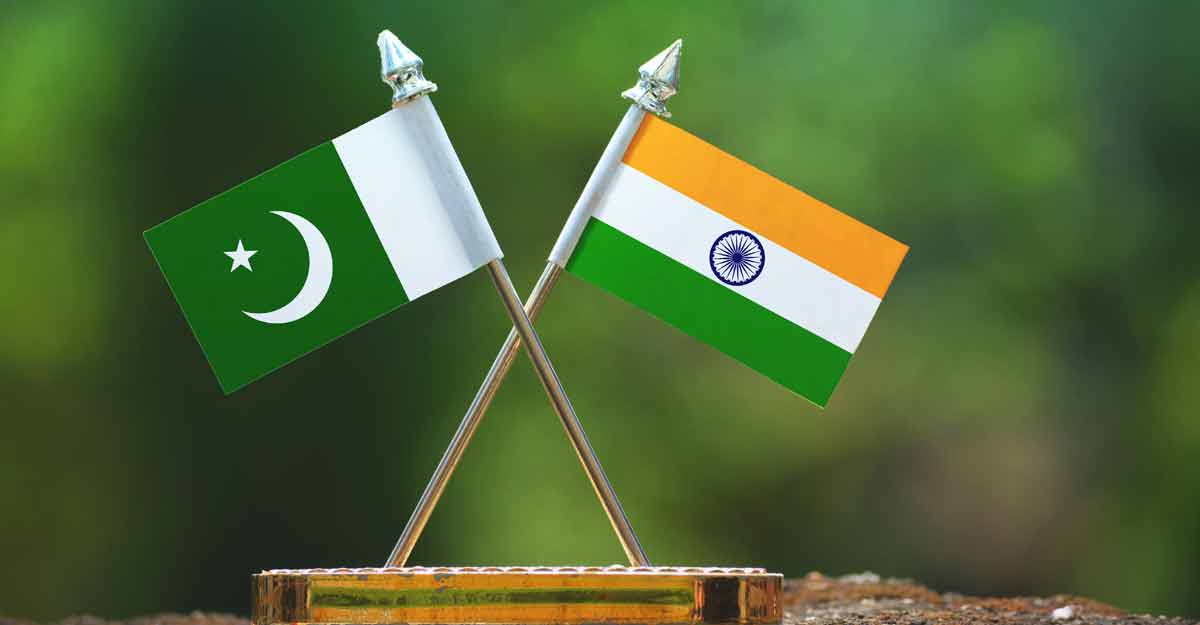
Pakistan is currently witnessing one of its worst natural disasters ever with devastating floods not just destroying homes and taking lives but also destroying crops and food supplies. At a time like this we need more trade with all our neighbors. But the government in its infinite wisdom has once again refused to open even limited trade with India.
The floods have washed away about half the cropland of the country, and the threat of food insecurity is real. For the last few decades – going back to the 1990s at least – every civilian government has known that opening trade with India will be beneficial for Pakistan. Business organizations have appealed to the governments but time and again it has not happened.
Recently Federal Finance Minister Miftah Ismail “disclosed in his tweets that international aid agencies are requesting that they be allowed to bring relief items from India through the land border for faster aid supply to the affected. However, the government has not decided to give this concession to the aid agencies.”
As an editorial in Dawn noted, “Pakistan can attract more international assistance with an inclusive policy to manage the ongoing catastrophe. The federal government is weak and fears a political backlash if it allows imports of vegetables from India or gives permission to aid agencies to help. Once the finance minister floated the idea of importing vegetables from India, the former ruling party, the PTI, immediately reacted and opposed the idea.” As Dawn noted, the establishment wants to assure the world that its strategic priorities are now economic-centric but it has yet to translate that view into action.
In conclusion, Dawn’s editorial noted that crises can also beget opportunities and help India and Pakistan move forward. “Environmental catastrophes ruin lives, businesses and infrastructure, but they also soften hearts and provide potential space for peace-building initiatives. Trade and cooperation on disaster management would not damage the position of either country on political disputes, including Kashmir. As peaceniks often say, leaders from both sides should think about the kind of legacy they want to leave behind.”
![]()





